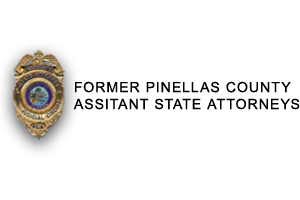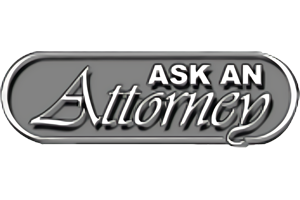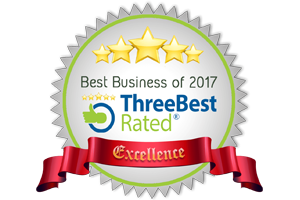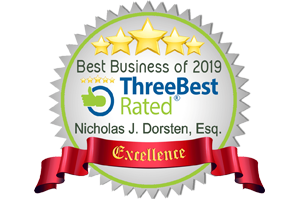Dealing in Stolen Property
Theft Crime Lawyers Assisting Defendants in the St. Petersburg Region
Obviously, it is illegal to steal property. However, many people do not know that it is also illegal to deal in stolen property. Florida law makes it a crime for someone who knows that property is stolen to “deal” in that property. Dealing includes selling, transferring, using, and disposing of property. It is also illegal to deal in property that the person should know is stolen. In other words, even if you do not know that the property is stolen, if a reasonable person would suspect that the property is stolen, the court may find you guilty. To prove actual or constructive knowledge, the court will look at the surrounding circumstances. If you are facing a charge of dealing in stolen property or another theft crime, such as shoplifting, the St. Petersburg theft crime attorneys at Blake & Dorsten can help you explore your options and fight for your rights.
Determining Knowledge
A court will infer that a defendant knew (or should have known) that the property was stolen if the property was recently stolen. Florida courts will also infer knowledge if the defendant purchased the property at a price significantly below market value. If the stolen property at issue is a vehicle, the court will infer knowledge if the ignition has been bypassed, such as with a screwdriver. However, if the defendant has a reasonable explanation for any of these situations, the court will take that into account. For example, if you buy a car from your parents, and they charge you well below the market value, it makes sense that you would just think that your parents are giving you a break, instead of suspecting that the car was stolen. The court will look at all of the circumstances to make these determinations.
Penalties for Dealing in Stolen Property
Under Florida law, dealing in stolen property is a second-degree felony. It is punishable by up to 15 years in prison and a fine of up to $10,000. Defendants convicted of dealing in stolen property may also face up to 15 years of probation. If a defendant is proven to have trafficked in stolen property and also initiated, organized, planned, financed, directed, managed, or supervised the theft of property, the charge may be upgraded to a first-degree felony. Defendants convicted of the upgraded crime can face up to 30 years in prison.
Defenses to Dealing in Stolen Property
A skilled Tampa Bay attorney can help you determine an appropriate course of action and present a defense to the charges. One of the most common defenses is that the defendant really did not know that the property was stolen, and there was no good reason that they should know. Another defense that relates to the same element of the crime is rebutting one of the above presumptions that infer knowledge of stolen property. Defendants can also argue that circumstances existed that made them believe that the property was not stolen. Other defenses may attack the idea that the defendant was “trafficking” in the property. The specific defense that will be most effective will depend on the circumstances of the case.
However, if you are arrested for the crime of dealing in stolen property, you should not try to explain your way out of the charges yourself. Even if you honestly did not know that the property was stolen, you may end up confusing matters or saying something that can be used against you later in court. The only thing that you should say if you are questioned is that you want your attorney present. You should not talk to the police without an attorney by your side.
Hire an Experienced St. Petersburg Attorney to Fight a Theft Charge
The criminal defense attorneys at Blake & Dorsten, P.A., can help defend you in court against many types of charges, whether you are charged with dealing in stolen property or another property crime like burglary or grand theft. Our attorneys handle cases throughout the Tampa Bay region, including in Clearwater, St. Petersburg, and other cities in Pinellas County. We are available 24 hours a day, seven days a week, 365 days a year. Call us at 727-286-6141 or use the contact form on this website to set up a consultation.








